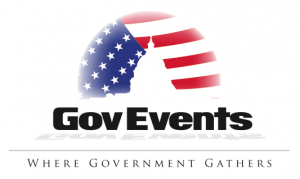 Our tagline for GovEvents is "Where Government Gathers." In the wake of a contentious election and uncertainty around what the new administration will bring, gathering together is more critical than ever. The word "unprecedented" has been used repeatedly throughout the election and now the transition. Knowing that history has a way of repeating itself, we wanted to take a look too see if it is in fact unprecedented.[Tweet "A look too see if the 2016 election is in fact unprecedented #GovEventsBlog"]
Our tagline for GovEvents is "Where Government Gathers." In the wake of a contentious election and uncertainty around what the new administration will bring, gathering together is more critical than ever. The word "unprecedented" has been used repeatedly throughout the election and now the transition. Knowing that history has a way of repeating itself, we wanted to take a look too see if it is in fact unprecedented.[Tweet "A look too see if the 2016 election is in fact unprecedented #GovEventsBlog"]
- The election of 1800 - At this time the Electoral College worked differently than it does today. Each elector voted for two candidates. The one with the most votes became President, the second most votes became Vice President. The race seemed to be between Thomas Jefferson, Democratic Republican and President John Adams, a Federalist. But, when the votes were tallied Jefferson was tied with "running mate" Aaron Burr, another Democratic Republican. For the first of only two times in history, the election went to the House of Representatives. Jefferson was named the winner thanks in great part to the lobbying of Alexander Hamilton (ironically, given the current news the Broadway show bearing his name is making). Hamilton, a Federalist, preferred Jefferson over Burr who he said, "loves nothing but himself--thinks of nothing but his own aggrandizement." As a result of this election the 12th Amendment was added to the Constitution to specify that electors vote separately for the nation's two highest offices.




